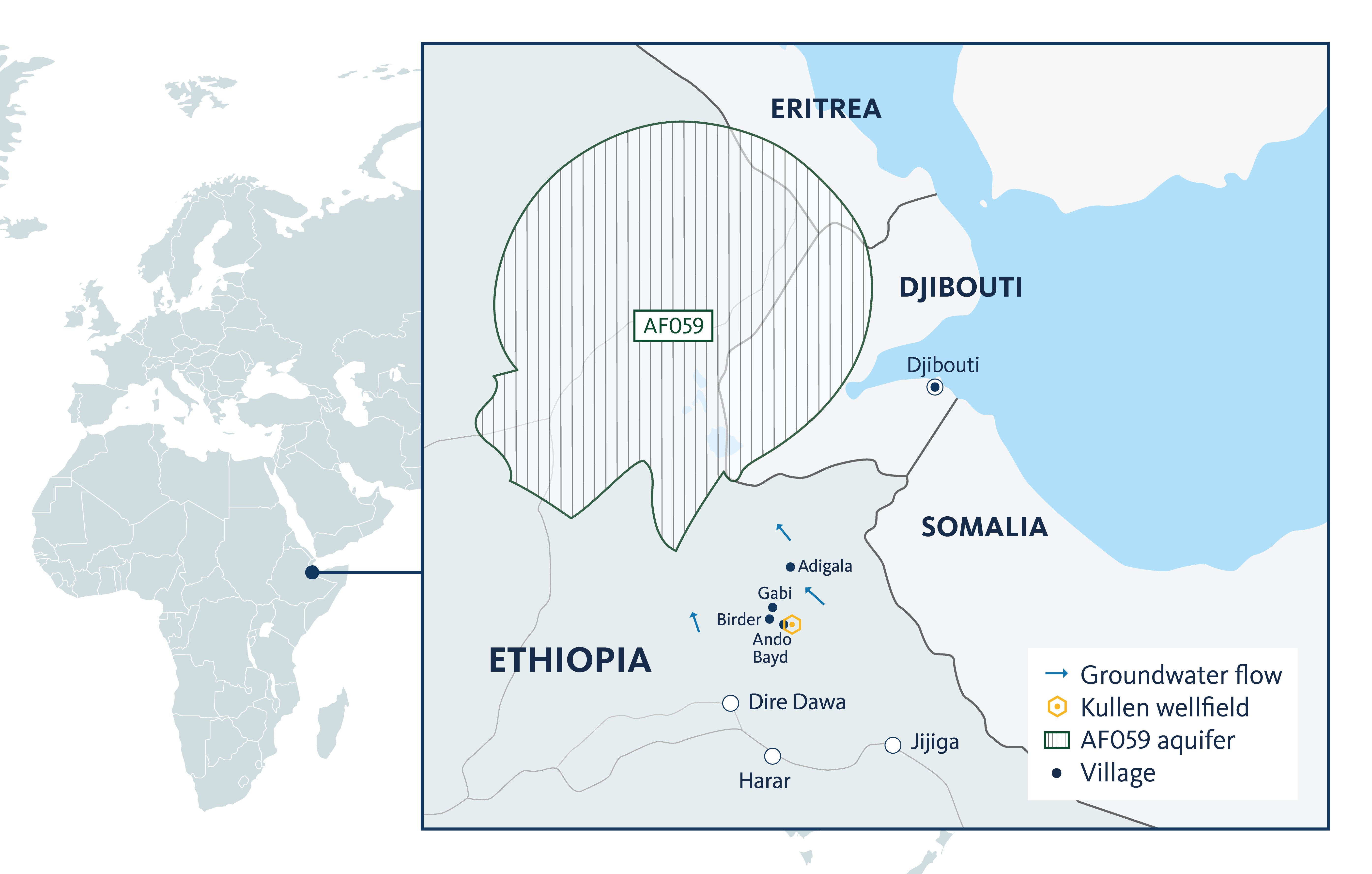Cross-cutting issueA human rights-based approach to water
Poor and marginalized groups are disproportionately affected by almost all water-related problems. SIWI applies a human rights-based approach to ensure that people living in vulnerable circumstances can influence decisions of importance to them.

A human rights-based approach (HRBA) is a concept and an instrument used by development actors and agencies. It is one of SIWI’s cross-cutting issues and helps to ensure fair and efficient water management, in line with international human rights law. The human rights-based approach means that people, as rights-holders, are placed alongside the state, which is considered a duty-bearer with correlating obligations.
Applying a human rights-based approach is especially important when increasing water scarcity requires difficult prioritizations. It can help prevent a vicious cycle where the poor are at risk of falling further and further behind since they tend to be disproportionally affected by climate change and environmental degradation.
The human rights-based approach stresses that development cooperation assistance should be guided by certain principles and ways of working with water governance and resources management as the basis of decision-making processes. It serves to promote procedural standards of:
- Participation and inclusion,
- Accountability, transparency, and the rule of law,
- Non-discrimination and equality,
- Empowerment and capacity building, and
- Transparency.
SIWI contributes to realizing human rights for all in different ways. One way is to ensure that the cross-cutting issues are mainstreamed into all projects and programmes. Continuous training and dialogues help all staff reflect on why and how human rights guide our work.
Empowerment and capacity-building are also essential. It is becoming increasingly clear that water management must be based in the human rights framework and standards such as the Do-no-harm principle. Water is fundamental to achieving all the sustainable development goals and the Paris Agreement on climate change.
Here are some examples of how SIWI works with a human rights-based approach as a cross-cutting issue:
- SIWI offers capacity-building to partner organizations.
- The UNDP-SIWI Water Governance Facility has, together with partners, published a manual on how to implement the human rights-based approach in integrated water resources management (IWRM). The manual is offered as a self-paced course.
- The human rights-based approach is a pillar of the work of the Water and Sanitation department. The report Accountability in WASH: Case studies from Kenya analyses lessons learned and looks at how local communities engage with decision-makers to realize their human rights.
- SIWI continuously participates in events to raise awareness about the human rights to water and sanitation. One example is the high-level Human rights and water security in the age of uncertainty, organized on 12 October 2020 with the Finnish Water Forum and Sanitation and Water for All.
- SIWI helps different actors analyse their work from a human rights perspective. One example is the report Large dams and human rights obligations, published by the International Centre for Water Cooperation hosted by SIWI.
- SIWI generates knowledge on the interpretation of the human rights-based approach. The peer-reviewed article Regarding Groundwater and Drinking Water Access through a Human Rights-Lens: Self-supply as a Norm analyses the use of sub-surface water resources and the State’s duty to respect, protect and fulfil the right to water.











